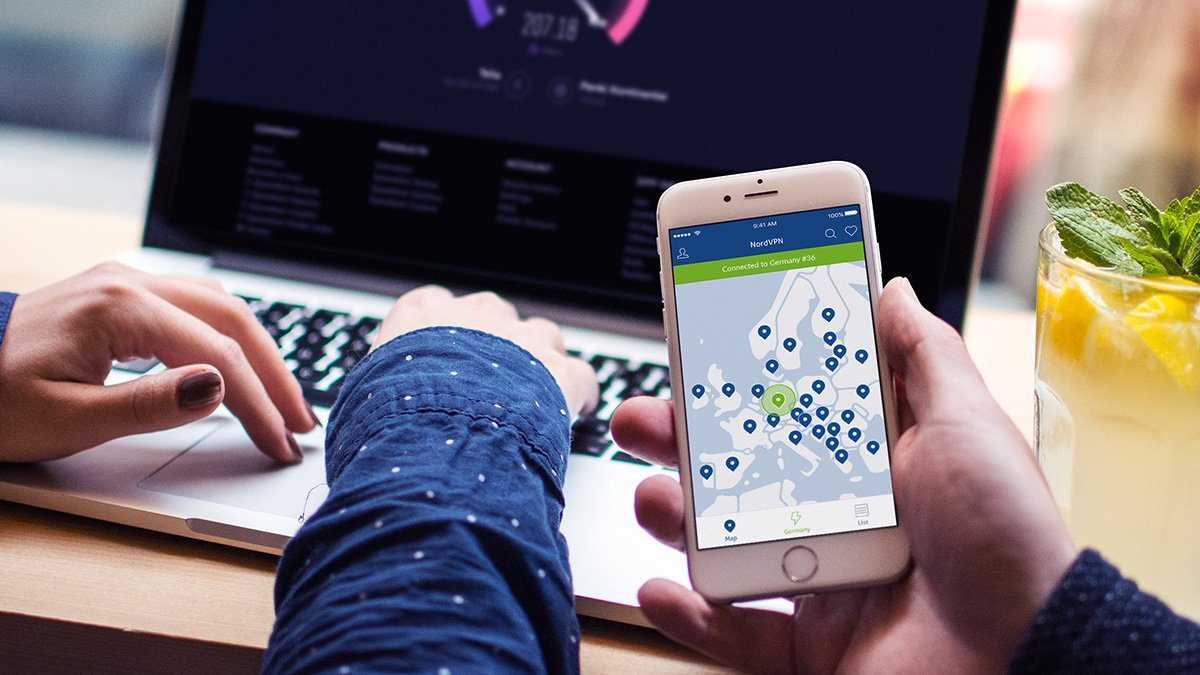VPN apps offer many benefits, including increased web browsing security, access to geo-locked content, bypassing local web censorships, and half a dozen others. However, they also tend to slow down your Internet browsing. The good news is that today there are VPN apps optimized for speed specifically. And you can also use a few tricks to boost their speed further. However, you will need to measure that speed first.
How to Measure Your VPN Speed
Before you start measuring your VPN speed and comparing a variety of VPN apps based on the results of the tests, you need to determine your connection’s speed without the VPN. This means using a specialized Internet speed test tool, like Fast.com, speedmeter.pk, Speedcheck.org. From this point on your goal should be finding a VPN that allows you to get as close to that speed as possible.
The measuring you’re your VPN speed goes the same way, meaning you use a specialized solution to get the results. VPN speed test by RuinMySearchHistory helps you save the time providing a set of tables containing different speed test results for most popular VPN apps. Using this kind of aid will allow you to avoid the hassle of installing a variety of apps for comparison.
Note that there are different types of speed measurements for VPNs, like browsing speed by ping and streaming speed. You’ll need to use a solution aimed specifically for the type of service you are most interested in.
However, there is one very important thing you have to understand. A VPN will always slow down your connection. It is literally impossible for it to be as fast as your connection without the app. This happens because by using a virtual private network, you go through another layer of servers and encryption. This means that all those things that make VPNs useful are also the reasons why these solutions are slower.
How to Boost Your VPN Speed: 4 Tricks to Try
1. Use a server close to your location
The best VPN apps of today will allow you a free choice of available servers. This is a huge boon if you want to get the fastest possible connection because geographical proximity of the server is one of the most important factors for speed.
Note that when you are using a VPN to access geo-locked content, you’ll have to pick a server that’s closest to your country, but still within the ‘open’ zone for the content. As these servers can be quite busy, you should watch them closely and determine when exactly the level of activity goes down.
2. Reduce the encryption strength
An additional layer of encryption is one of the main reasons for using a VPN. However, if you need to prioritize speed, you should consider lowering this particular factor. Note that not all apps will allow you to do this.
You also need to remember that even with a lower encryption level, you will still get more protection with a VPN. And you will be able to get back to bank-grade encryption for the times when you need to make double-sure that your data is secure.
3. Find a server with lots of free room
Even if a server is located farther from your country, it can give you better speed if it is less busy than the one near you. This is another factor you should consider when picking a server, especially if you plan on watching online streams that require the best speed you can get.
4. Go for the LAN cable instead of Wi-Fi
Improving your basic connection speed will improve the VPN speed by extension. And using a Wi-Fi lowers it a little by default. Therefore, to get maximum speed, you should connect your computer to the router via a LAN cable instead of Wi-Fi signal.
About 25% of all Internet users have used a VPN in the last 30 days. These are the people who understand that the reduced speed is a fair trade off for the benefits offered by these solutions. The VPN apps of today become more advanced and minimize the loss of speed. Therefore, if you want to enjoy unrestricted content and better online privacy today, you definitely should consider getting a fast and reliable VPN app.
